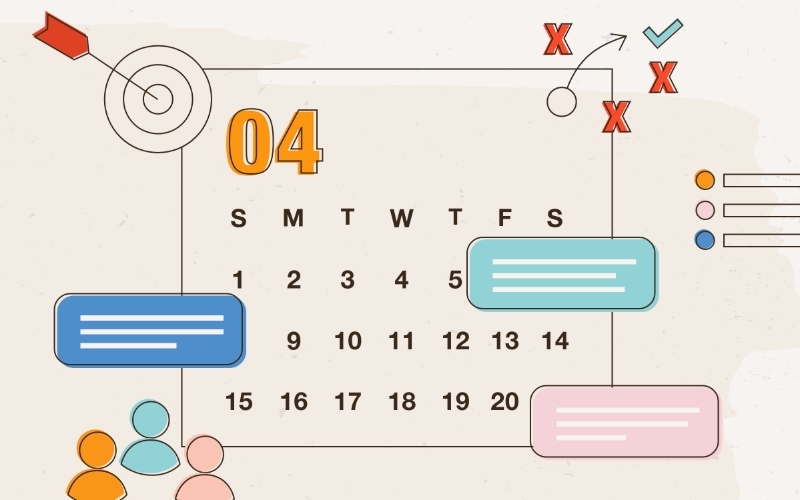Marketing Automation

Written By
Wray Ward
We’ve all been there: on the couch, wrapped in a blanket, an empty chip bag beside us as the screen goes black and the season finale of our latest Netflix binge ends. The credits begin to roll, and with it comes a sense of deflation. Now what? Back to the real world? Post-series depression sets in. (Yes, it’s a thing.) But what’s this? Netflix feels our pain and serves up three similar shows to fill the void. We select one and snuggle back in. All is right in the world.
OK, so while that may be a bit exaggerated, it does exemplify the power of automation in today’s B2C interactions: immediate and personalized. Whether it’s from Netflix, Facebook, Amazon or Google, consumers expect quick, simple, tailored interactions with their favorite brands. And this expectation is becoming more prevalent in the B2B space.
B2B Customers Want the B2C Experience
Surprise: businesses are people, too. Well, they’re made up of people who are used to customized marketing interactions, from product recommendations on Amazon to dinner suggestions from their favorite delivery app.
Personalization is a huge buzzword in marketing, but it holds a lot of weight, especially with millennials and Gen Zers. Nearly 90% of those demographics expect a high degree of personalization from brands.* But this can be tricky when it comes to business interactions. According to Adobe research, only 29% of marketers are using personalization in B2B interactions.
Convenience and Efficiency Require Data
Experts predict that investments in marketing automation will increase approximately 300% by 2026, signaling the growing demand for customized, convenient interaction in B2B relationships. However, to personalize marketing interactions, companies need data to predict customer behavior.
There is no doubt that collecting, managing and analyzing data can be difficult and time-consuming. Since there’s no national data privacy law and regulations vary from state to state, staying up to date and in compliance can be a drain on resources. Nevertheless, creating a comprehensive, effective marketing automation plan requires good data, especially when engaging in B2B marketing.


